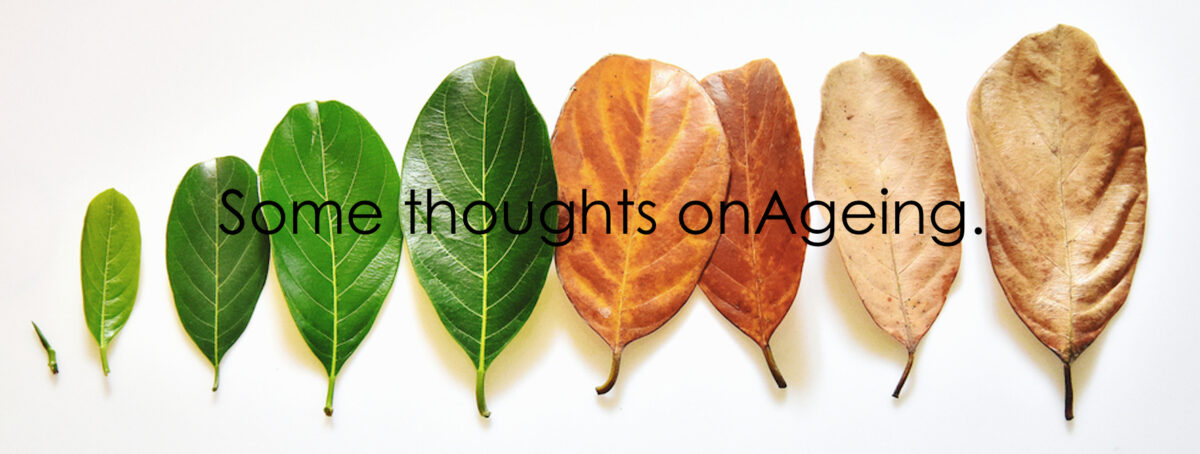Todays post is about ageing.
Lately I have been involved in conversations about ageing with several different people of varying ages. The common theme is the lack of control of the ageing process.
I know that there are many different procedures that a person can have to ‘lift’, ‘fill’, ‘tuck’ and ‘plump’ the body. For some this is within their scope, however, for many others it is not. Though, it doesn’t matter how much we can and do spend on the bodywork, it’s what’s under the skin that can create problems.
From ‘growing up’ to ‘growing old’
Once we are born, we continue to grow and develop until we have reached puberty. It is at this point our genetic program tells us to stop growing.
From an evolutionary viewpoint, once our genes have managed the growth and development of our body to the point that it can reproduce, the purpose for growth is complete.
When do we start to age?
It is at some point after this that the body starts to age and each person ages at a unique rate. Some systems begin ageing as early as age 30. Other ageing processes are not common until much later in life.
Ageing is a complex process that varies as to how it affects different people and even different organs. How we age is subject to many lifelong influences. These influences include heredity, environment, culture, diet, exercise and leisure, past illnesses, and many other factors.
Ageing ‘under the bodywork’
All vital organs begin to lose some function as we age during adulthood. These age related changes occur in all of the body’s cells, tissues, and organs, and these changes affect the functioning of all body systems.
As the connective tissue ages, it changes and becomes stiffer. This is more evident and something we sometimes feel.
The cell membranes also change with age, causing many tissues to have trouble getting oxygen and nutrients, as well as removing carbon dioxide and other wastes.
Because of these cell and tissue changes, our organs also change as we age. Our ageing organs slowly lose function. Most people do not notice this loss immediately, because we rarely need to use our organs to their fullest ability.
Usually these changes appear slowly and over a long period.
Although some changes always occur with ageing, they occur at different rates and to different extents. There is no way to predict exactly how we will age.
The biggest hurdle for most of us is how we work with our ageing body. Many of us would like to remain fit and healthy for as long as possible. A subject of many scientific studies with no definitive answer – yet.
All of us deal with ageing differently; some people are more accepting of their age while others fight it till the end.
There is always a lot of media coverage about how young people are having issues with body image. There is not so much about the ageing population having self esteem issues around ageing.
Just something to think about,
Till the next post,
Live clean n prosper.
( Source – Medline Plus )


